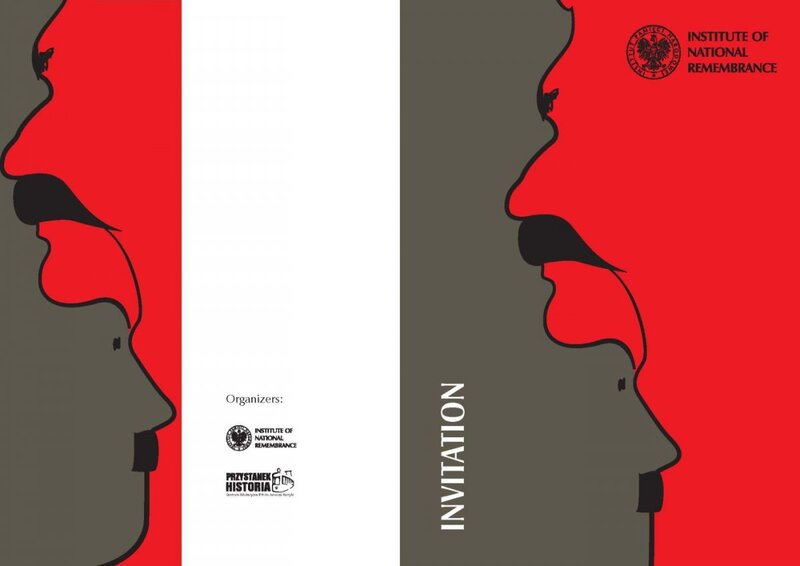Three outstanding experts in the history of diplomacy will take part in the debate:
Prof. Małgorzata Gmurczyk - Wrońska
Warsaw
Prof. Michael Jonas
Hamburg
Prof. Vladimir Niewiezhyn
Moscow
Moderator: Dr Paweł Kosiński (IPN)
23 August (Friday) 2019, at 11.00
History Point
IPN’s Educational Centre
Marszałkowska 21/25
Warsaw
***
The European Day of Remembrance for the Victims of Totalitarian Regimes was proclaimed by the European Parliament in 2008. Ceremonial celebrations on this day were organized for the first time in 2011 in Warsaw. At that time, the "Warsaw Declaration" was signed, its signatories pointing out the need to keep Europeans informed about the criminal consequences of totalitarian regimes and calling on the European Union to investigate and collect documentation related to these crimes. The date of celebrating the European Day of Remembrance for the Victims of Totalitarian Regimes is not accidental – on 23 August 1939, the Foreign Ministers of the Third Reich and the USSR, Joachim von Ribbentrop and Vyacheslav Molotov, signed an agreement in Moscow that determined the outbreak of war, which was the next partition of the Polish land. The most important part of the agreement between the two totalitarian states was an additional, secret protocol providing for the division of Central and Eastern Europe (including Poland) into the German and Soviet spheres of influence. These findings heralded a genocidal policy pursued in the name of criminal ideas – both by the Germans and the Soviets.
